Sometimes singular moments stand out from Oscar-nominated performances. Here are 10
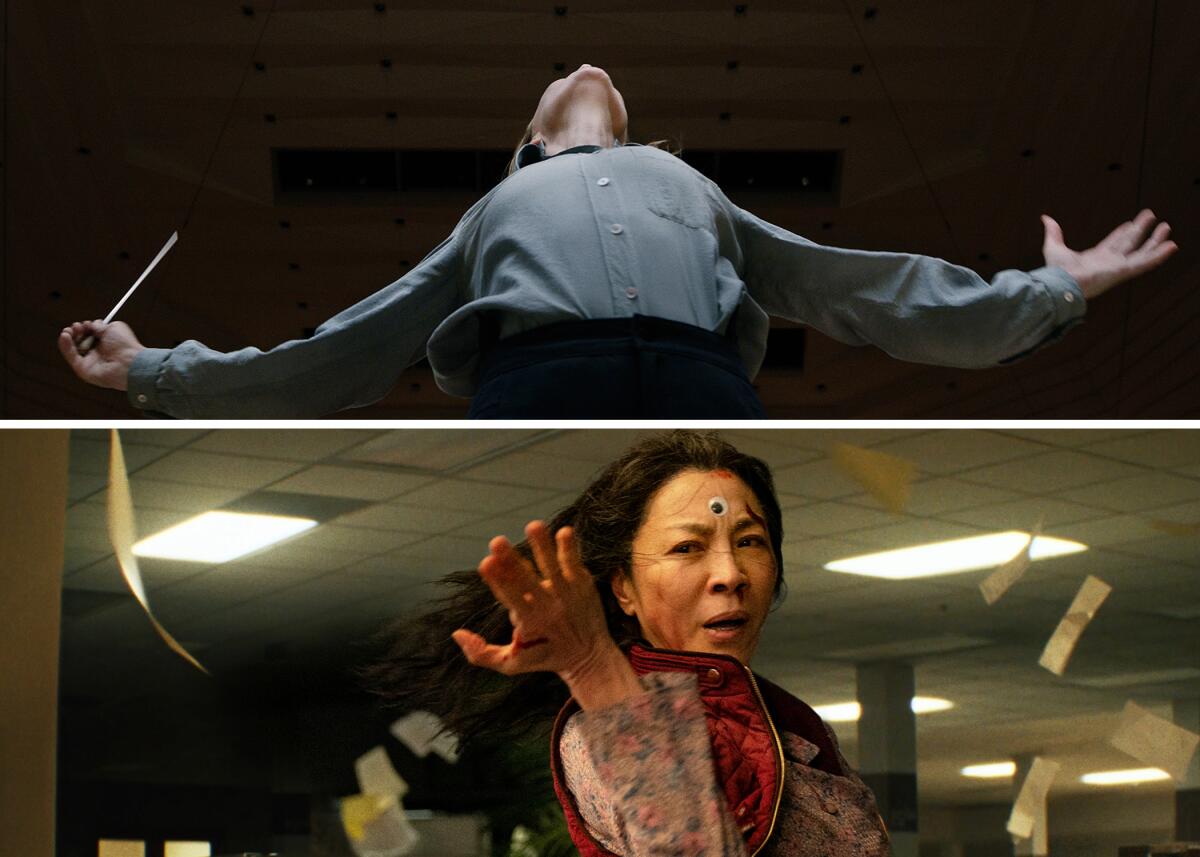
- Share via
Want to confound a filmmaker? Ask what the “key” scene was in their film for any Oscar-nominated actor. For those in front of the camera and behind the scenes, it’s a near-impossible choice: A film is a tapestry of hundreds or even thousands of such potential moments. But with a little prodding, we were able to get 10 directors and producers whose films landed their stars lead acting nominations for the 2023 Academy Awards. Here’s what they chose for their stars’ one, shining scene.
LEAD ACTOR

Austin Butler (“Elvis”)
Set the scene: Newcomer Elvis Presley (Butler) goes from nervous rookie performer to undeniable star in one performance that derives inspiration from his childhood spent in gospel revival tents.
Why it’s key: “Austin’s great achievement is that he’s truly vulnerable and truly discovering these moments as they happen,” director Baz Luhrmann says. “You don’t get the sense that they’re predetermined; it’s like the birth of a superhero. He sees the sparks of his superpower explode onstage — and then you see him take command of it. The key thing is it’s a religious performance.”
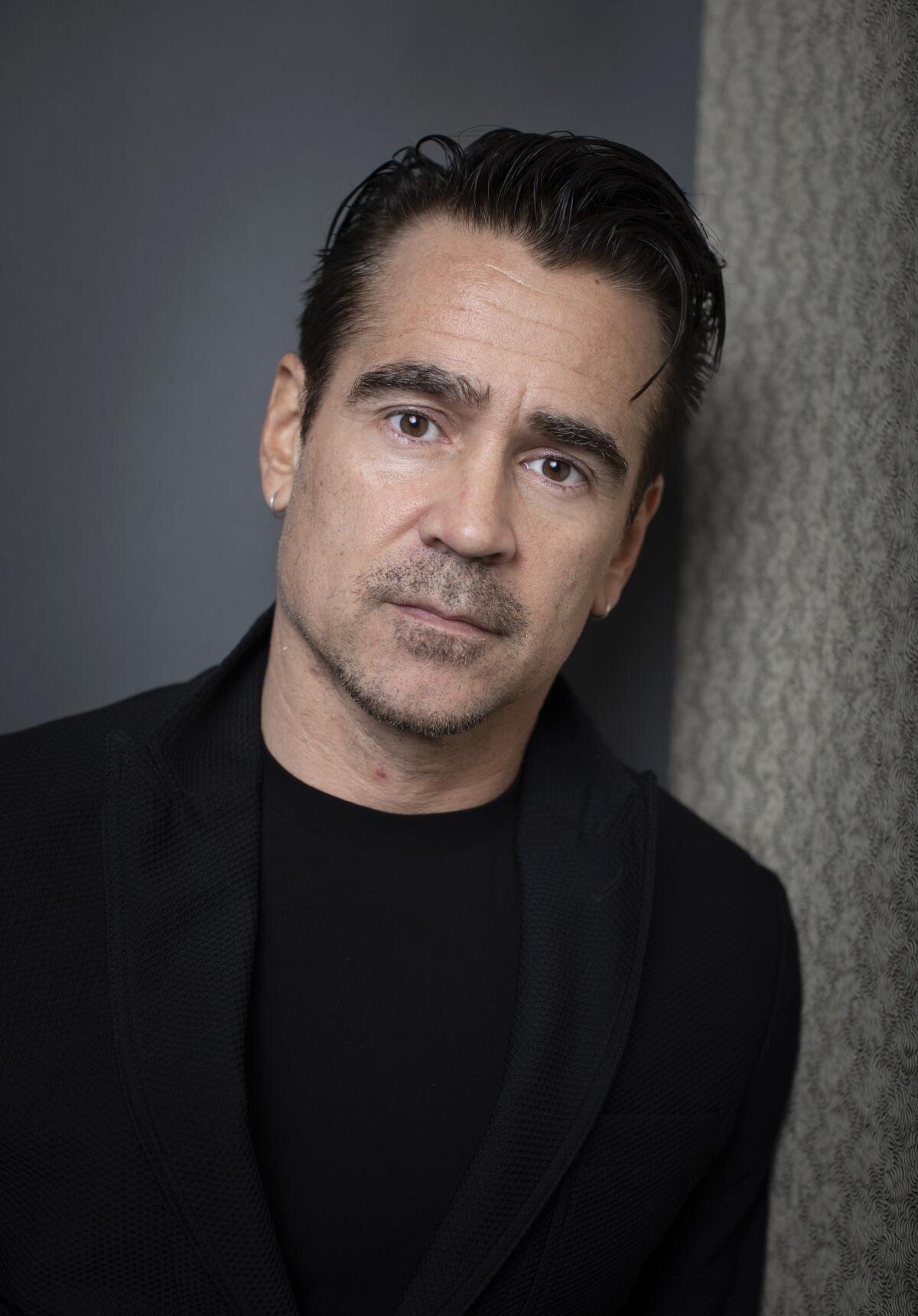
Colin Farrell (“The Banshees of Inisherin”)
Set the scene: After an argument with Colm (Brendan Gleeson), Pádraic (Colin Farrell) bursts into Colm’s cottage, not understanding that they’re truly no longer friends. When he leaves, he feels everything’s been repaired, but for Colm the break is permanent.
Why it’s key: “There’s the gamut of Colin’s emotions in it,” producer Graham Broadbent says. “He kicks the door open, so full of confidence and aggression; he’s come to stand up for himself. It’s Pádraic at his most sweet, and he’s still got the audience with him. He’s so openhearted and tender. He really believes he’s done well.”
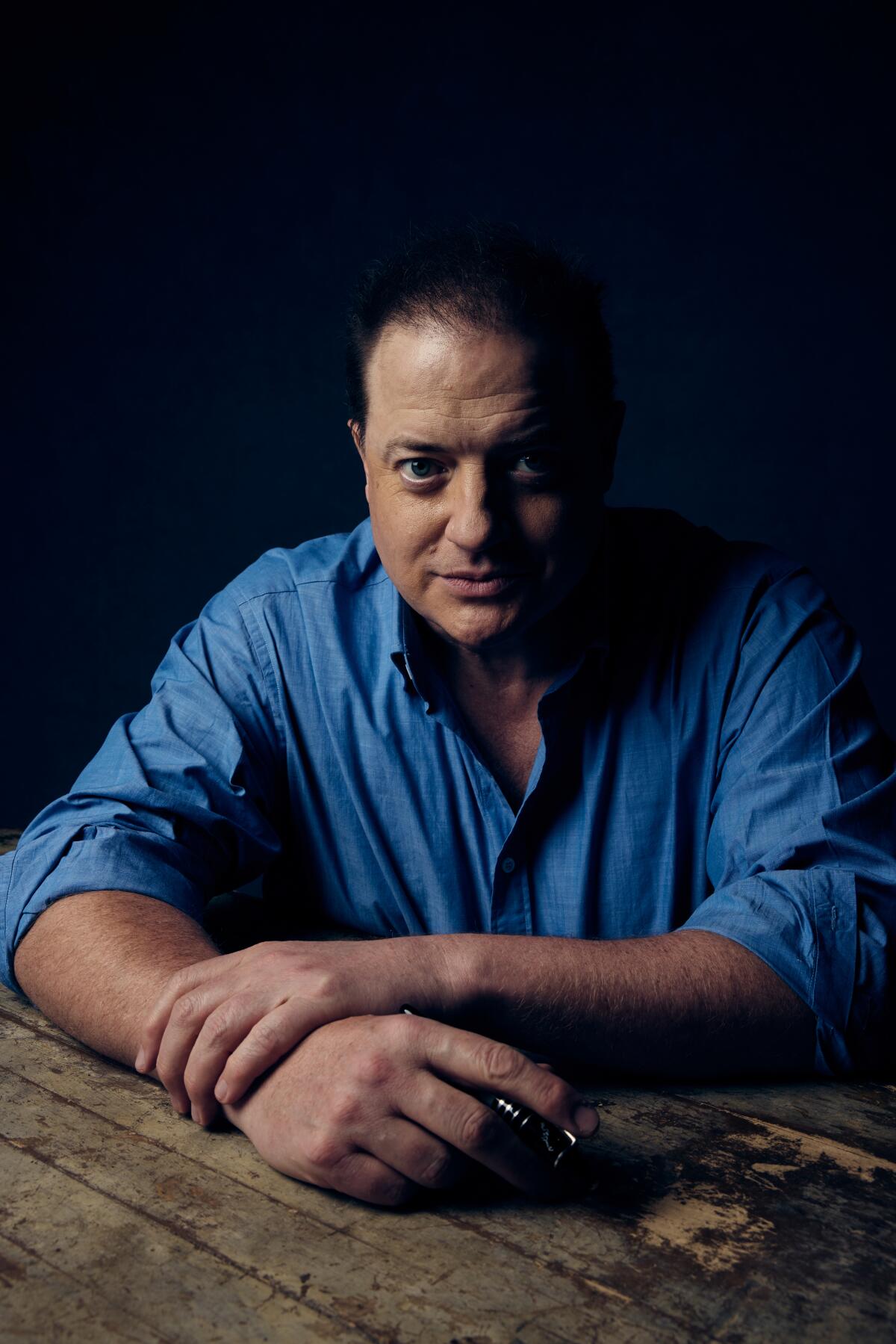
Brendan Fraser (“The Whale”)
Set the scene: Charlie (Fraser) is visited by his ex-wife, Mary (Samantha Morton), for the first time in many years. While Mary reminisces about visiting the beach with their daughter, he ends up crying, wanting to know he did one thing right in his life.
Why it’s key: “[Brendan] was able to express Charlie’s eternal optimism and desperate fear that his life was wasted and that he hurt everyone he loved,” writes producer Jeremy Dawson via email. “The raw emotion from Brendan had the whole crew visibly shaken. It still gives me chills to think about it.”
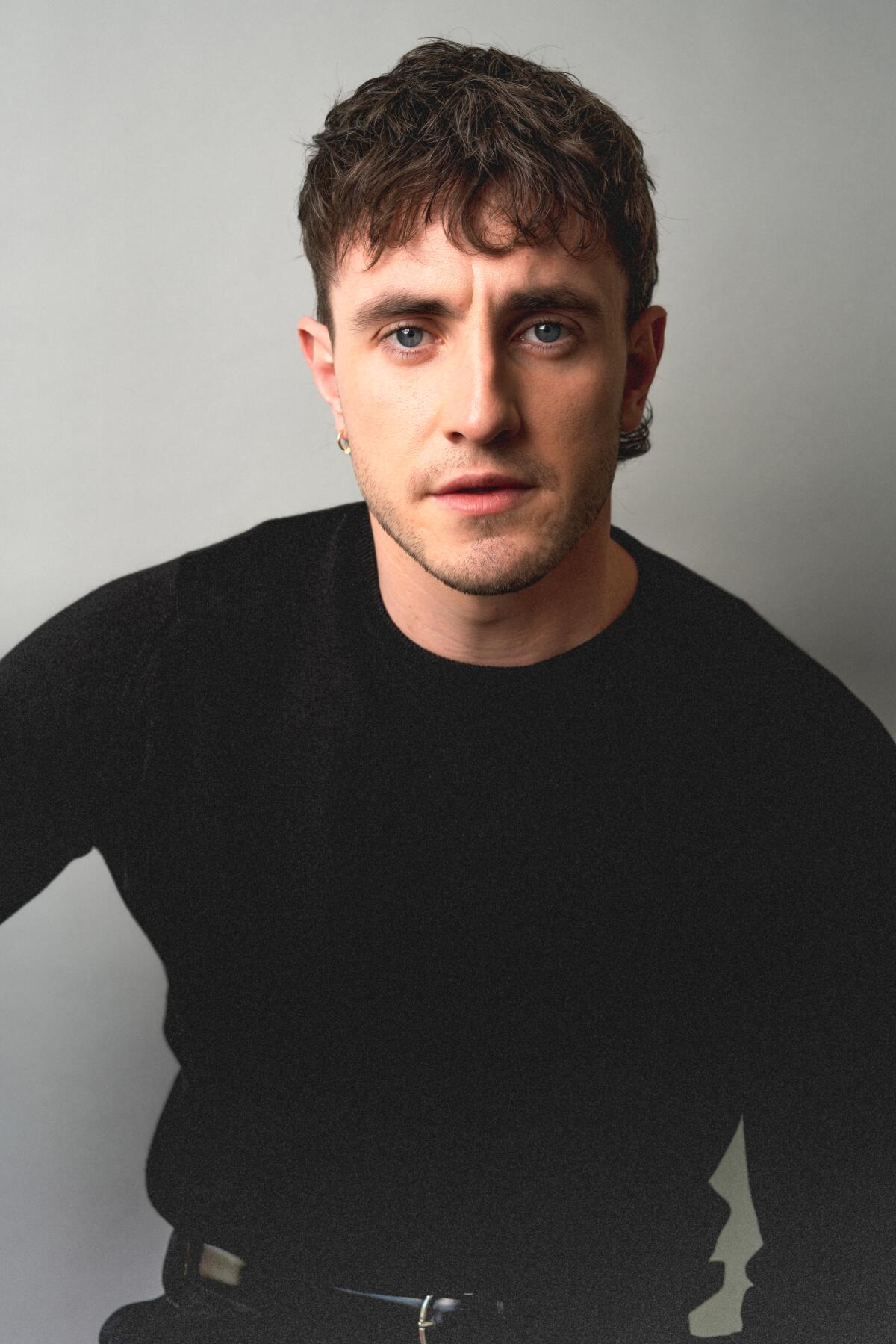
Paul Mescal (“Aftersun”)
Set the scene: Sophie (Frankie Corio) describes having an amazing day but says she feels like she’s “sinking.” She asks Calum (Mescal), who’s in the bathroom, if he knows what she means and Calum spits at his mirror reflection before ushering Sophie out to dinner.
Why it’s key: “Calum is at war with himself in ways we don’t fully understand,” writes director Charlotte Wells in an email. “The moment is sudden and violent — a flash of irrepressible self-hatred. [Mescal’s] ability to repeatedly conjure such intensity and complex emotion while [being] playful and relaxed with Frankie in the space between was extremely special.”
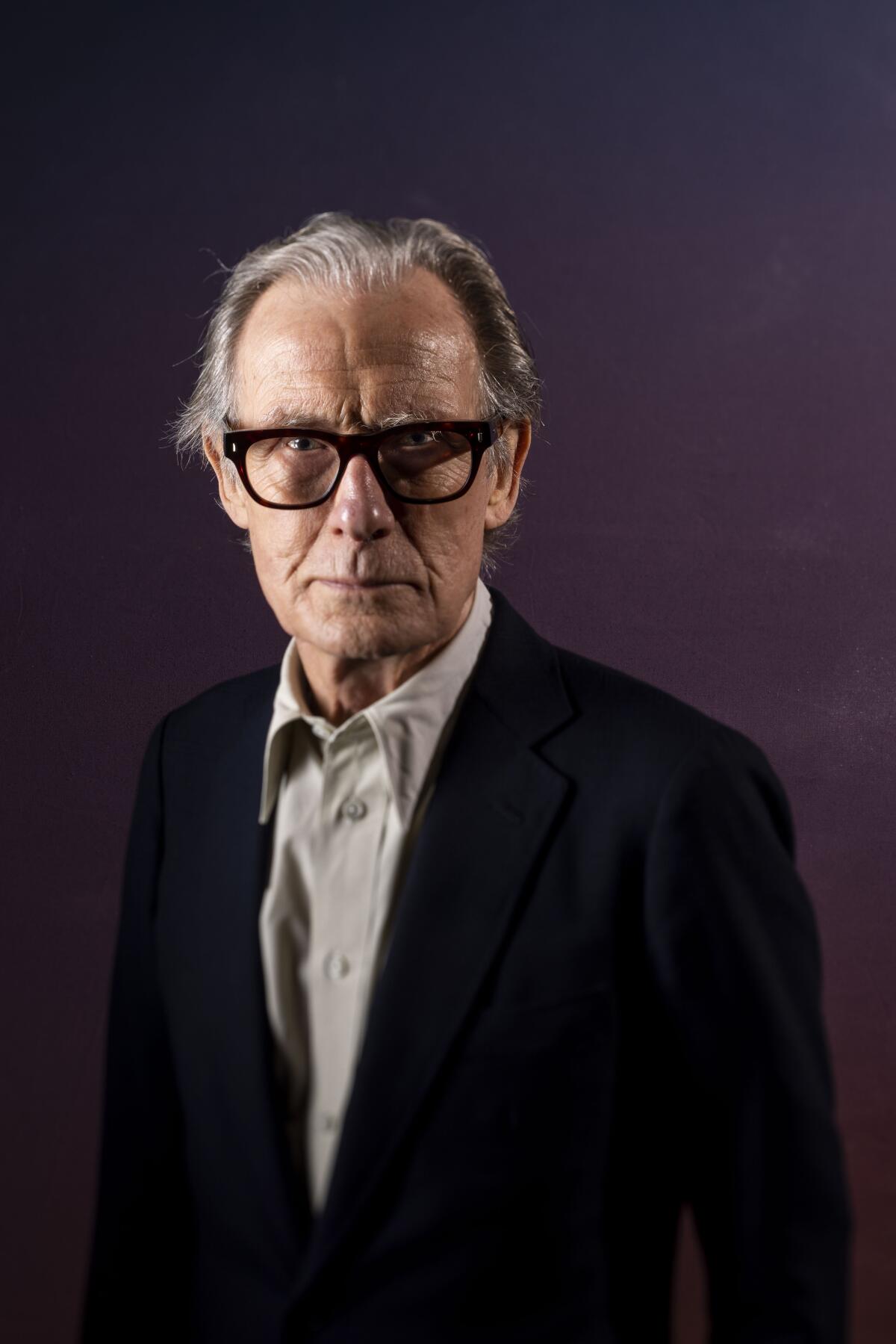
Bill Nighy (“Living”)
Set the scene: After a day spent with former co-worker Margaret (Aimee Lou Wood), civil servant Williams (Nighy) reveals that he’s terminally ill, and then tells her a story about his childhood.
Why it’s key: “Through this confessional moment, this almost therapeutic moment, he slowly stumbles on some meaning,” producer Stephen Woolley says. “The way Bill plays it, we don’t know what that meaning is … but we do know he’s referring to his own soul. We get a moment of awakening, almost by accident. He’s trying to find out what spark he’s lost — and through that he finds something to drive him on for the rest of his days.”
LEAD ACTRESS
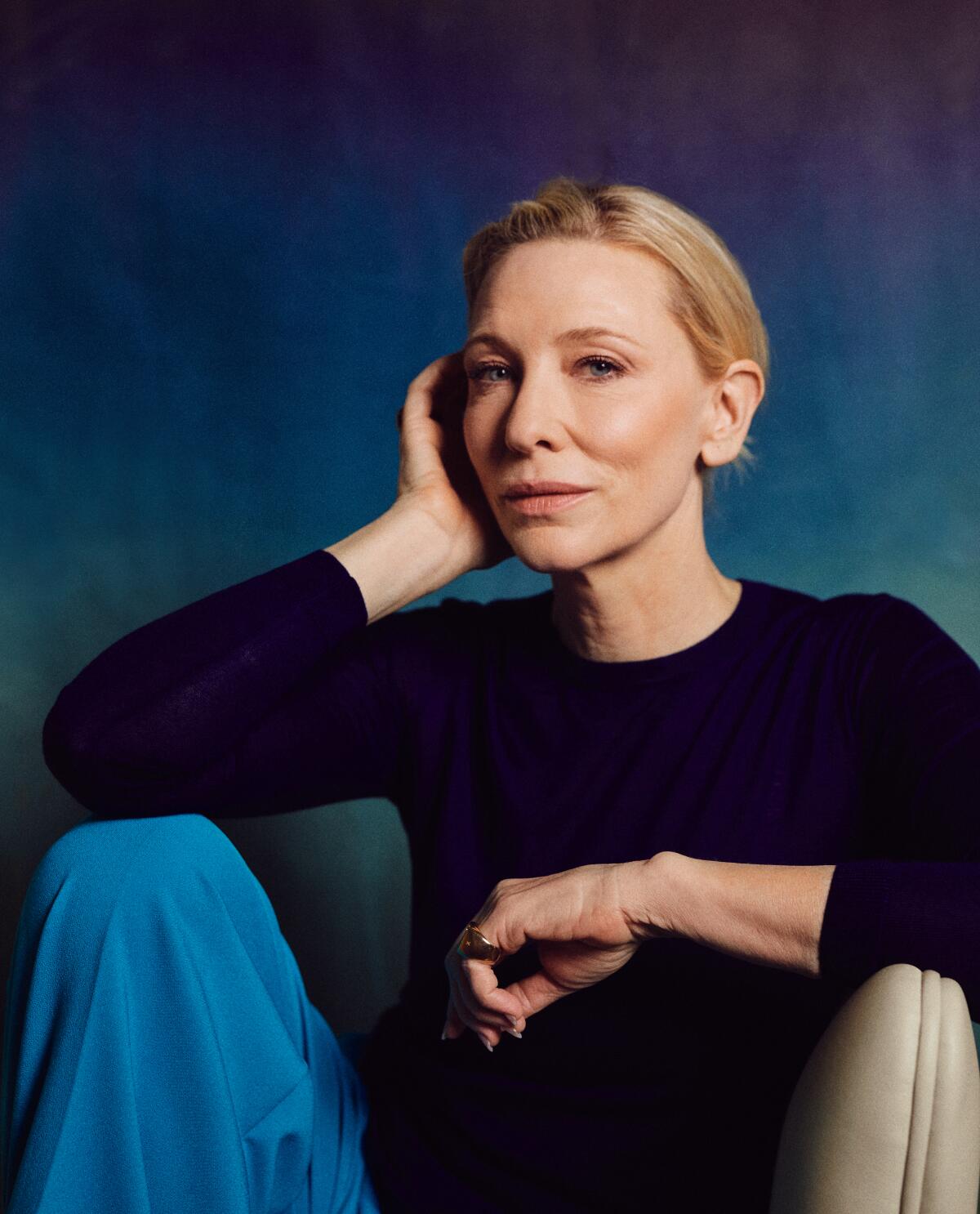
Cate Blanchett (“Tár”)
Set the scene: While teaching at Juilliard, Lydia (Blanchett) engages with a Black student, mocking his musical choices — then tries to win him back over to her point of view.
Why it’s key: “On one level she’s playing a straightforward gunfight where she has the gun and the student has nothing, but on the other hand she’s got something bothering her that we don’t know what it is yet — and that’s the other current she has to play,” director Todd Field says. “She has to subvert that so there are no seams. The execution she has to achieve is mind-boggling — and she did it perfectly on the first take.”

Ana de Armas (“Blonde”)
Set the scene: As her makeup artist prepares her for a premiere, Norma Jeane (De Armas) stares into a mirror, hoping a fairy princess will appear — not the “Marilyn” she despises.
Why it’s key: “She’s playing a character that cannot express anger, that does not express anger — at least up until a certain point in the movie,” writes director Andrew Dominik via email. “This scene does have a feeling of rage about it, though neither the girl begging [in] the mirror, nor the girl in the mirror, expresses that emotion. Norma is so desperate, and Marilyn is almost like a malevolent spirit that she needs to hide behind in order to survive.”
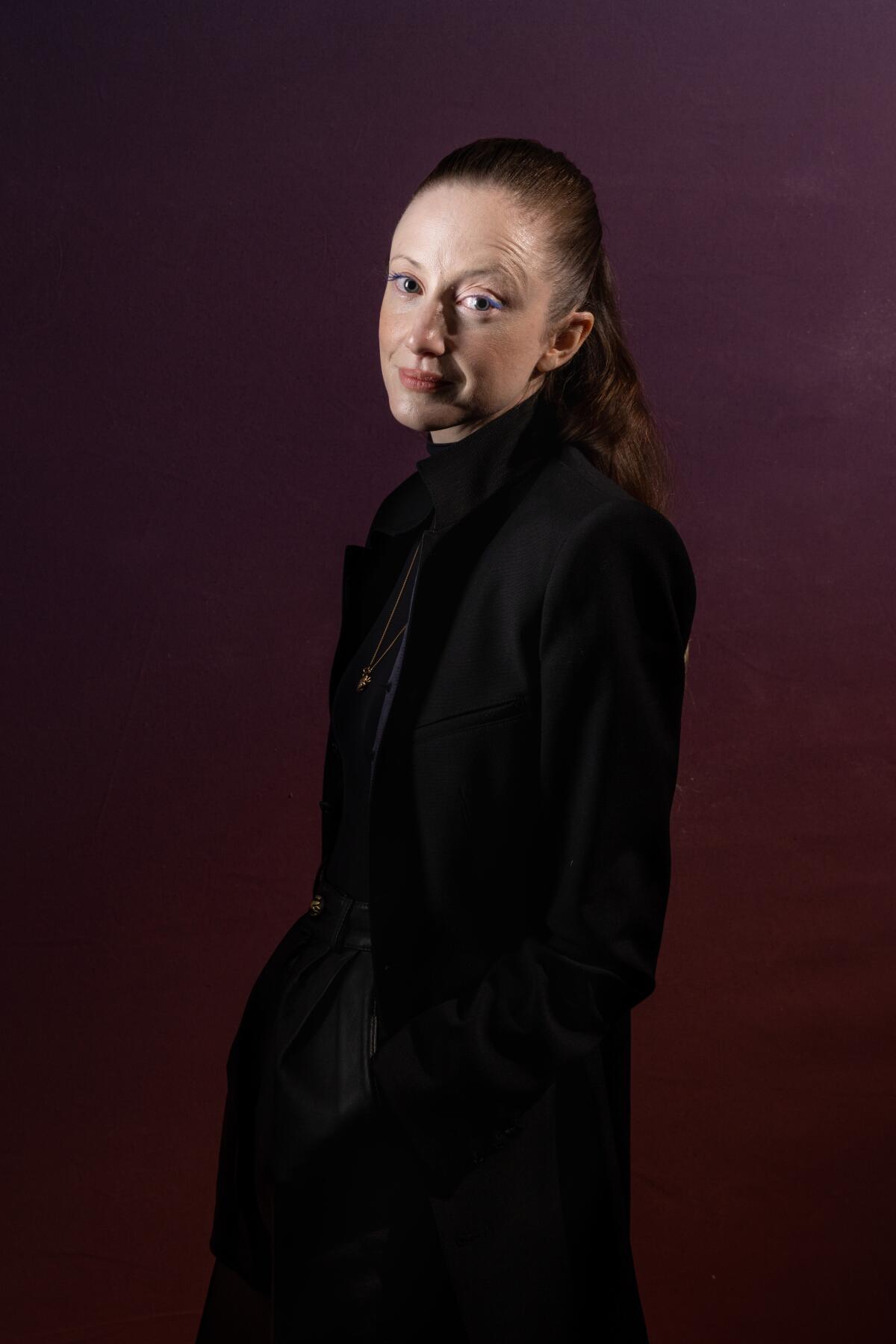
Andrea Riseborough (“To Leslie”)
Set the scene: Having quit her job, Leslie (Riseborough) sits at a bar contemplating a drink. A local man flirts with her, and she asks him to tell her she’s good.
Why it’s key: “Leslie is back in the bar where she won her lottery years ago when things were full of possibility,” director Michael Morris says. “We understand her tendency to self-destruction and running away when things are difficult. There’s a sense that she doesn’t care anymore. When she asks the man to tell her she’s good, a tear falls down her cheek. It’s a human connection that she reaches for, and [Riseborough] makes that moment with her honesty.”

Michelle Williams (“The Fabelmans”)
Set the scene: Mitzi (Williams) sits in a closet watching her son Sammy’s home movie footage that reveals her deep secret, and simultaneously realizes that this means Sammy knows it.
Why it’s key: “This moment truly shifts the narrative of the movie,” writes producer Kristie Macosko Krieger in an email. “She basically wears the entire movie on her face. … The decision Steven [Spielberg, director] made to play the entire 2:36 scene on her face without cutting back to the footage not only puts the burden 100% on Michelle to relay the message but also shows his infinite trust in her as an actor.”
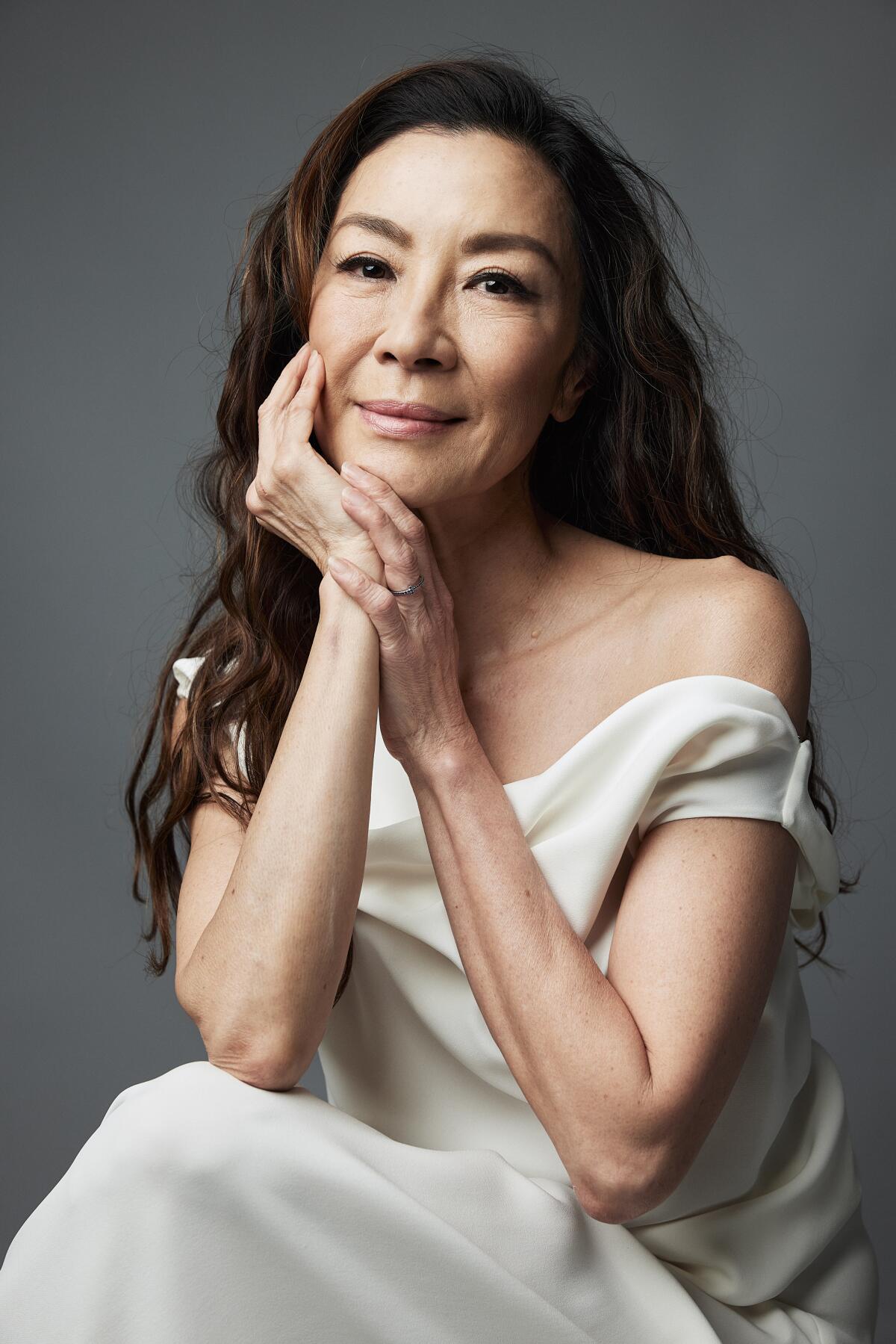
Michelle Yeoh (“Everything Everywhere All at Once”)
Set the scene: Trying to save her daughter, Joy (Stephanie Hsu), Evelyn (Yeoh) fractures her mind throughout the multiverse and confronts her offspring in a parking lot.
Why it’s key: “It displays the strength of Michelle’s performance,” producer Jonathan Wang says. “We know Michelle as the punch-throwing, jumping-off-cars, wielding-every-weapon-possible [actress] but when we’re in a closeup of her face, she can hold all of the multiverse inside herself and deliver the emotions through her eyes and tears.”
More to Read
From the Oscars to the Emmys.
Get the Envelope newsletter for exclusive awards season coverage, behind-the-scenes stories from the Envelope podcast and columnist Glenn Whipp’s must-read analysis.
You may occasionally receive promotional content from the Los Angeles Times.










